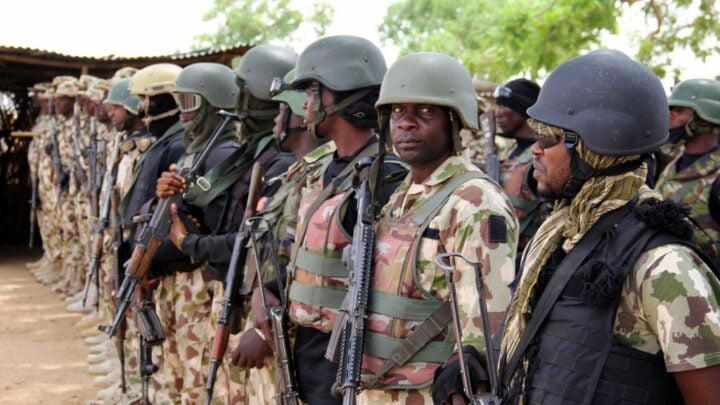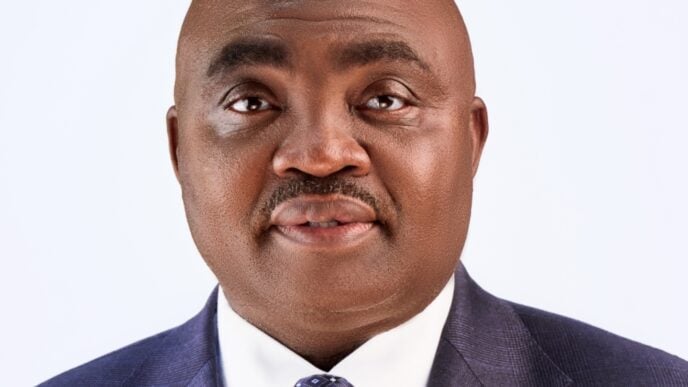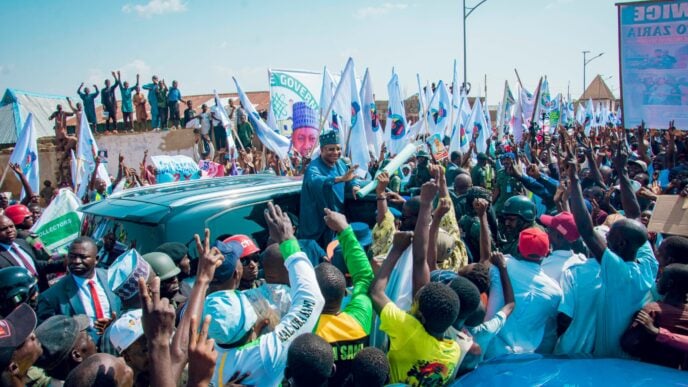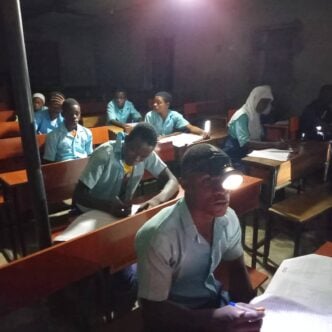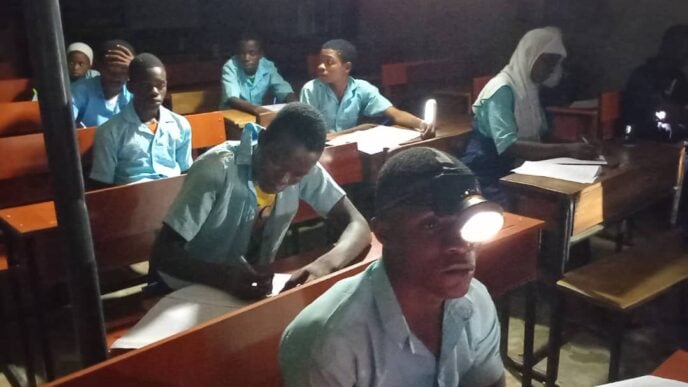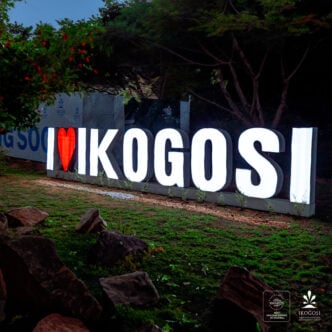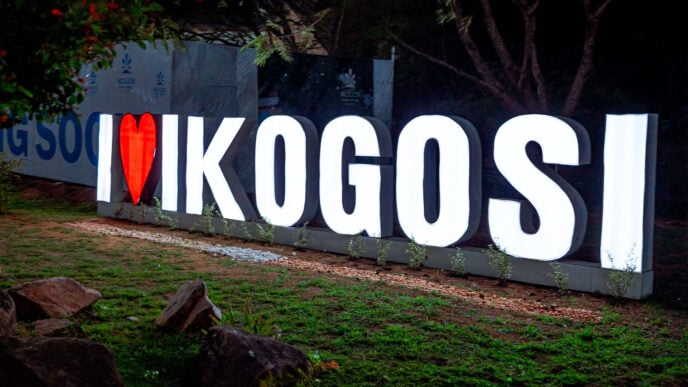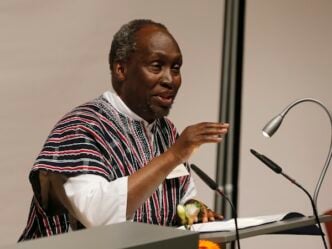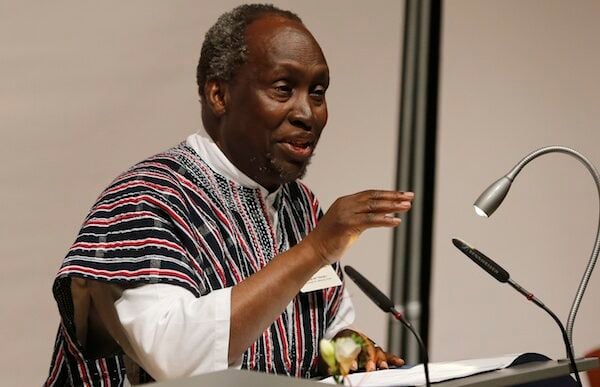Nigerian troops
BY LEKAN OLAYIWOLA
As bombs fall in Plateau, as bandits kidnap children in Kaduna, and as silence spreads over displaced communities in Benue and Zamfara, one thing becomes painfully clear: Nigeria’s insecurity crisis is not only a failure of military might—it is a failure of moral imagination on the part of the federal and state governments.
A recent research on the Nigeria Empathy Quotient, delivers a sobering yet hopeful message. Drawing on data from five key dimensions including listening, dignity, leadership, healing, and inclusion, the report reveals a paradox that lies at the heart of Nigeria’s fragile peace: the people possess a deep moral imagination for peace, but our institutions remain structurally deaf to their aspirations.
Contrary to the widespread belief that Nigerians hate their country going by the denigrating remarks that inundate the social media and public spaces, Nigerians are not apathetic; they are only unheard by their government.
Advertisement
The empathy deficit in power
While 72% of Nigerians say dignity is essential to peace and coexistence, only 56.8% believe leadership reflects empathy in decision-making. Despite nationwide calls for justice and reconciliation, truth-telling and historical healing receive token attention in formal policy. Marginalized groups—youth, women, rural populations—are routinely excluded from decision-making, even as they bear the brunt of violence.
In a country as multicultural, multi-ethnic, and multi-religious as Nigeria, this empathy gap is not a soft problem—it is a national security threat. Terrorism in the Northeast, farmer-herder clashes in the Middle Belt, separatist agitations in the Southeast, and urban criminality across the South are not isolated events. They are symptoms of governance systems that fail to see, hear, or honour the people. Where empathy erodes, grievance festers. Where people are unheard, they turn to the only thing left—desperation.
Advertisement
What the Nigeria empathy quotient reveals about our fragile peace
Nigeria’s deepening insecurity is not just a failure of force but a crisis of empathy. The Nigeria Empathy Quotient (NEQ) reveals critical deficits across five domains—Listening (63.5%), Dignity (72.0%), Leadership (56.8%), Healing (68.3%), and Inclusion (74.6%)—showing a nation struggling to connect power with people. Citizens feel unheard, unprotected, and unhealed, with disillusionment in leadership fuelling cycles of violence and mistrust.
Yet the will to rebuild exists: Nigerians value dignity and inclusion but lack institutional pathways to realize them. To reverse decline, we must embed relational governance through community response councils, anchor dignity via justice reform, demand empathetic leadership bound by ethical accountability, initiate truth and trauma recovery processes, and guarantee youth and women full participation in governance. In short, empathy is no longer a moral luxury, it is a national security imperative.
Fragile peace in a fractured nation
Advertisement
This data sheds light on why Nigeria’s peace remains fragile. When people feel unseen and unheard, insecurity thrives, not just from the outside but from within. The failure of governance to listen to its citizens, especially in conflict-prone regions has created a vacuum quickly filled by armed groups, violent ideologies, and ethno-religious manipulation. When we ignore calls for healing, we normalize trauma. When we neglect dignity, we invite rebellion. And when leadership distances itself from human suffering, peace becomes a mirage.
Beyond guns and grants: Governing with empathy
How an issue is framed goes a long way in shaping the policy choices and responses of political leaders. The Report urges a shift from coercive governance to empathetic governance, that is, relational sovereignty. Instead of ruling through fear, power should be legitimized through trust, dignity, and accountability.
This means (i) institutionalising listening through local peace councils with real policy input from grassroots voices, not just as advisory bodies, but decision-making ones; (ii) binding political leaders to ethical deterrence, a dignity-based performance metrics which makes accountability and compassion not optional, but non-negotiable; (ii) prioritising healing as security by creating trauma support and truth-telling platforms, especially in post-conflict areas. Reconciliation must be a public service, not a private luxury; and (iv) embracing inclusive power sharing governance structures that reflect Nigeria’s demographic reality. Inclusion must move from rhetoric to reality.
Advertisement
The moral imagination of Nigerians for peace, justice, and belonging is vibrant but unsupported by the security apparatus of the Nigerian state. That is why peace feels fragile and insecurity persistent. Nigerians are ready for peace, but governance structures are not and this is precisely the instability-producing gap. But this paradox—high public empathy, low governance empathy also presents an opportunity.
Nigeria has the emotional foundation for peace. It now needs the institutional empathy to match. Nigeria’s fragile peace requires a shift from authority-driven security models to empathetic governance strategies. For Nigeria to escape its cycle of conflict, empathy must move from the grassroots to the corridors of power. The public already believes in peace. It is time for the state to match that belief with structure, policy, and presence.
Advertisement
Empathy as national infrastructure
One of the report’s key insights is that empathy is not just a personal virtue; it is a structural necessity. Nigerians overwhelmingly value dignity (EQ Score: 72.0%) and healing (EQ Score: 68.3%), but the institutional systems to deliver justice, truth-telling, or trauma support are weak or non-existent. We call this the “empathy quotient gap” which the difference between the people’s ethical expectations and the state’s administrative reality. Bridging this gap will require more than budgetary allocations or security deployments. It will require a fundamental redesign of how we govern.
Advertisement
Towards architecting a sustainable security paradigm, we propose relational sovereignty, a model where leaders not only look to the people for votes during elections, but are bound to them through mutual accountability, truth, and care once in office. It envisions ethical deterrence, not just laws to punish violence, but systems that prevent it by recognizing people’s grievances before they become flashpoints.
From empire logic to empathy logic
Advertisement
The state continues to rely heavily on age-old militarized security responses, treating symptoms, not root causes. No major investment has been made in trauma healing, relational sovereignty, community listening, or participatory policymaking. While empathetic potential exists at the grassroots, it is being wasted due to top-down policymaking, elite detachment, and lack of ethical accountability mechanisms. There is need for a vital shift from the top-down, command-and-control logic of the postcolonial state to a peace rooted not in force, but in dignity, participation, and trust. This is not naïve idealism. It is pragmatic governance.
In practical terms, this means creating institutions where community voices shape policy, not just during elections, but every day. It means embedding justice mechanisms that don’t require elite connections to access. It means treating dignity as non-negotiable, not optional.
Insecurity in Nigeria is often treated as a problem of the north, or the south-east, or the middle belt. But what this NEQ report shows is that the real challenge is national and relational too. Without empathy, even the best policies fail. With empathy, even the hardest truths can be faced.
The path forward
If Nigeria is to chart a new course, we must take three urgent steps:
-
Reframe security as justice – Expand the definition of security to include relational trust, healing, and economic sovereignty.
-
Institutionalise empathy – Make dignity, listening, and inclusive leadership measurable governance benchmarks, not rhetorical flourishes.
-
Embed relational accountability – Create legal and civic structures that bind leaders to the people in spirit, not just by ballot.
We do not offer a quick fix, but seek to provide something we’ve lacked for too long, that is, a mirror, and a map.
If we ignore these findings, we risk deepening the divides that fuel our fragility. But if we act with courage, care, and collective will, Nigeria may yet move from survival to shared, co-created peace.
And that is a vision worth fighting for.
Lekan Olayiwola is the founder of PaxEm Global, a peace and conflict policy, leadership and governance institute based in Lagos. He can be reached via [email protected]
Views expressed by contributors are strictly personal and not of TheCable.
